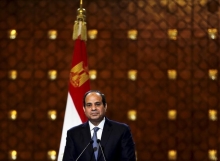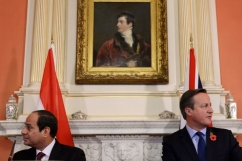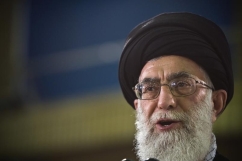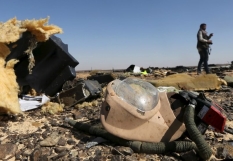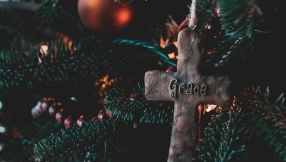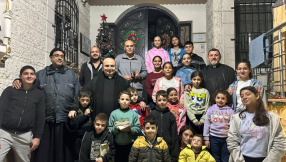The satirical magazine Charlie Hebdo has caused outrage after it published two cartoons ridiculing the crash of a Russian plane in Egypt.
When Metrojet Flight 9268 crashed in the Sinai Peninsula on 31 October killing all 224 passengers, the Paris-based magazine published two cartoons. One depicted a passenger's skull with the caption, "The dangers of Russian low cost flights." The second showed the plane's falling debris landing on a bearded fighter with the title, "The Russian Air Force is intensifying its air strikes."
The Russian government was quick to criticise the cartoons with spokesan Dmitry Peskov saying he thought the cartoons were "pure blasphemy" and had nothing to do with freedom of expression.
This was followed by Russian Foreign Ministry spokeswoman Maria Zakharova posting a question on her Facebook page asking, "Is anyone still Charlie?"
A hashtag meaning "I am not Charlie" resulted from Zakharova's post and has now become the most popular on Russian social media. The hashtag is a play on the "Je suis Charlie" hashtag that trended in sympathy with the publication after the magazine's office was attacked in January.
St Isaac's Cathedral in St Petersburg, where the plane was headed, led a national mourning and rang a bell 224 times on Sunday, one for each crash victim.
However Charlie Hebdo's editor-in-chief Gerard Biard said the accusations of blasphemy were "absurd."
Last night it emerged that investigators are 90 per cent sure a bomb caused the crash but the Russian government are still sceptical. If the suspicions of David Cameron and other world leaders and confirmed and the crash is proven to be a terrorist attack, it could raise difficult questions for Moscow's air strikes on ISIS and rebel groups in Syria.










